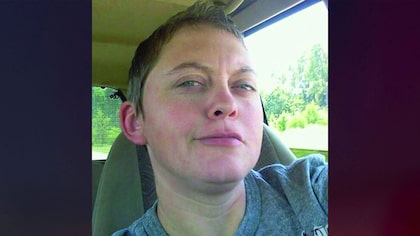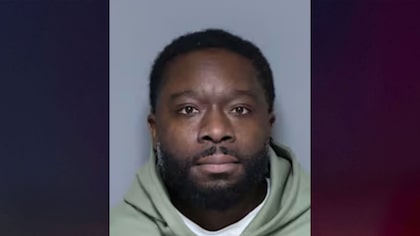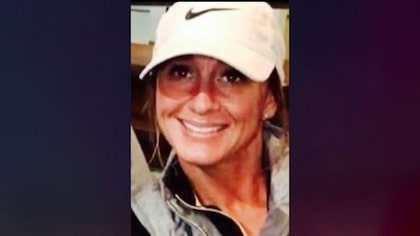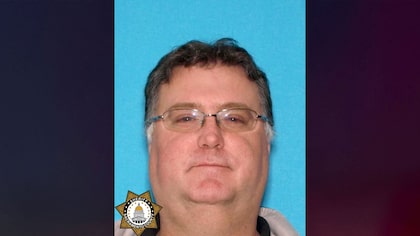Dash's Docket: When a Convicted Murderer Taints His Own Pretrial Publicity
05/26/2017 1:38 pm PDT
Legal Analysis by Amy Dash
It was a Saturday morning in Detroit in 2007 when Stephen Grant's proclamation of innocence started to unravel.
If you happened to be watching local television that morning, you would have seen his defense attorney throw his arms up in the air and quit on live TV. Pretty dramatic! At the same time, police pursued Grant, who fled his home and drove to upper Michigan.
Stephen Grant was on the lam as police searched his home and found his wife's torso in the garage. Once they located Grant in a wooded park, they rushed him to a hospital to treat his hypothermia and Mirandized him in his hospital bed. A now attorney-less Grant waived his rights and gave a full confession, describing how he strangled and dismembered his wife after an argument.
Grant's former attorney wasn't the only one to turn his fugitive-style fiasco into a television stunt. Prior to his confession, Grant had spent considerable time using the media to impart an impression of innocence and plead for the safe return of his wife. Fast-forward to the trial, and the court is hard-pressed to find a juror who hasn't seen Grant's face or heard about his case in some, way, shape or form -- thanks in part to him.
Grant even claims in one of his appeals that about half of the 372 prospective jurors were excused for “cause” allegedly because they demonstrated some sort of a bias resulting from media coverage. The 15 jurors chosen indicated they had knowledge of the case but felt they could still be unbiased, according to the appellate judge.
Once convicted, Grant tried to overturn his conviction by claiming the media biased the jurors. He lost. The appellate judge found that the 23-page questionnaire successfully uncovered jury bias. The fact that half of 372 prospective jurors were excused may back up that conclusion.
WATCH: STAY-AT-HOME DAD MURDERS BUSINESS EXECUTIVE WIFE, DISMEMBERS AND DISPERSES BODY PARTS - CWD
But the Grant case questions the effect of media coverage on a pending case. What makes Grant's case so appalling is that he used the media to conceal the fact that his wife's body parts were in his garage! "Let's throw them off with the grieving husband routine," he may have thought. Grant and his former lawyer's own participation in the media circus should immediately bar him from raising any such claim on appeal.
Why isn't there a law on the books that accomplishes this? It would sure save us taxpayers a lot of money. There's a saying: "One shall not benefit from his own wrongdoing." It's a widely held principle in contract law and must apply to the criminal realm. The Latin term is Ex turpi causa non oritur actio. The English term is “hypocrite,” derived from the Greek hypokrites, meaning “actor” or “stage player.” You can't play the role of grieving husband, end up being convicted of murder, and then cry foul claiming that the media coverage that you skewed yourself ended up hurting your case.
Legal Correspondent Amy Dash is a two-time Emmy Award winning reporter and producer who focuses her insight on the hottest legal topics to take viewers beyond the gossip to see the big picture: Why cases matter. Amy provides expert legal analysis and is a traveling correspondent covering some of America's most perplexing cases in-depth.
Dash's commentary does not constitute legal advice.










